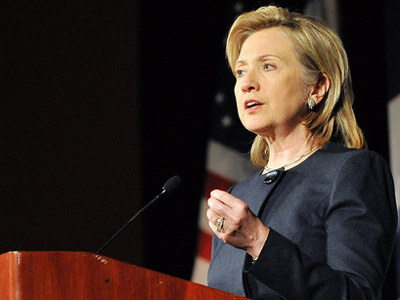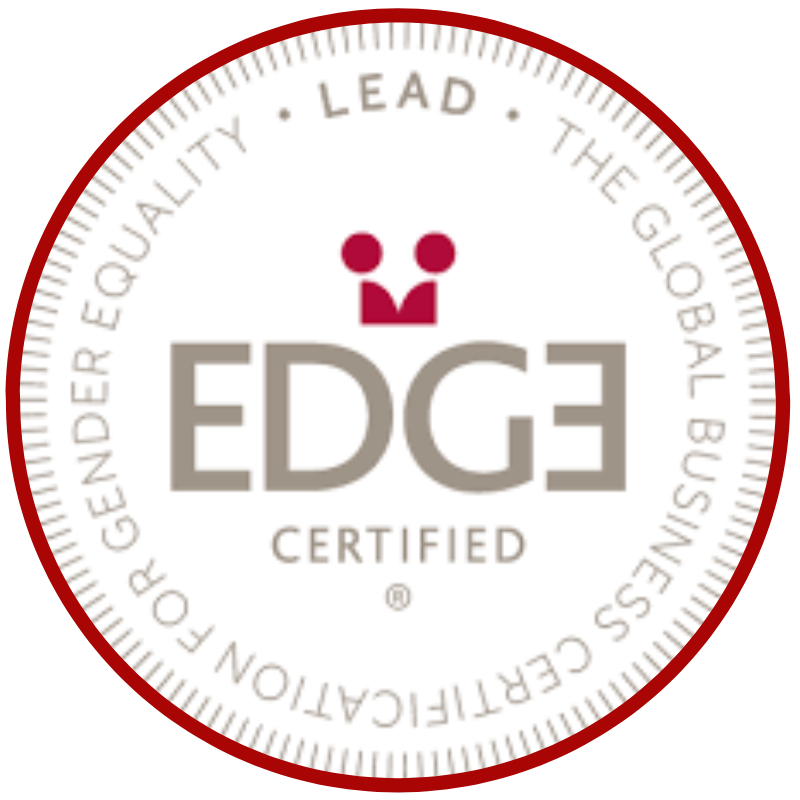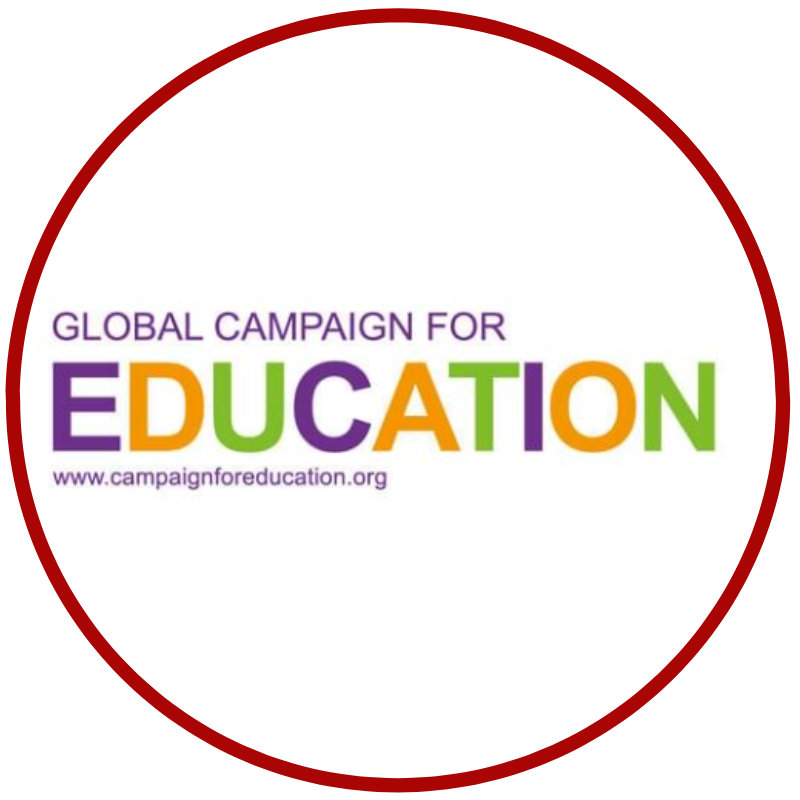 On December 15, 2010, Secretary of State Hillary Clinton released the Quadrennial Diplomacy and Development Review (QDDR), which sets out the blueprint for U.S. international assistance and diplomacy, with the goal of making US foreign assistance more effective, efficient and accountable. The QDDR was the result of a 17-month review of U.S. development and diplomacy policies; it can be found at http://www.state.gov/s/dmr/qddr/.
On December 15, 2010, Secretary of State Hillary Clinton released the Quadrennial Diplomacy and Development Review (QDDR), which sets out the blueprint for U.S. international assistance and diplomacy, with the goal of making US foreign assistance more effective, efficient and accountable. The QDDR was the result of a 17-month review of U.S. development and diplomacy policies; it can be found at http://www.state.gov/s/dmr/qddr/.
According to the US State Department, the QDDR provides a blueprint for elevating American civilian power to better advance our national interests and to be a better partner to the U.S. military. Leading through civilian power means directing and coordinating the resources of all America’s civilian agencies to prevent and resolve conflicts; help countries lift themselves out of poverty into prosperous, stable, and democratic states; and build global coalitions to address global problems.
The QDDR strengthens the position of development as a core pillar of US foreign policy; gives the US Agency for International Development (USAID) a larger role; strengthens the monitoring and evaluation of development programs, as well as their transparency; and emphasizes the role of recipient countries in their development.
Importantly, however, it also reflects and reaffirms the central importance of women and girls to effective foreign assistance across all sectors: food security, health, climate change, economic growth, democracy and governance, and humanitarian assistance. For 30 years, womens rights advocates have been working for a fundamental re-ordering of the US governments priorities with respect to the roles of women and girls in development. With some exceptions, U.S government policy has not consistently focused on gender in a cross-cutting manner, and the QDDR takes a giant step forward in this regard.
One group that has worked diligently on this issue is Women Thrive Worldwide. According to Ritu Sharma, the president and co-founder of Women Thrive, This common-sense approach is a fundamental game-changer for millions of women and girls in villages around the world. What this means is that all programs that the U.S. implements moving forward, worth tens of billions of dollars, have to take the needs and voices of women and girls into account. We have long advocated a move beyond the special, small, separate womens projects.
As we applaud the historic nature of this document, lets commit to ensuring that these policy priorities translate into concrete changes for women and girls globally.





